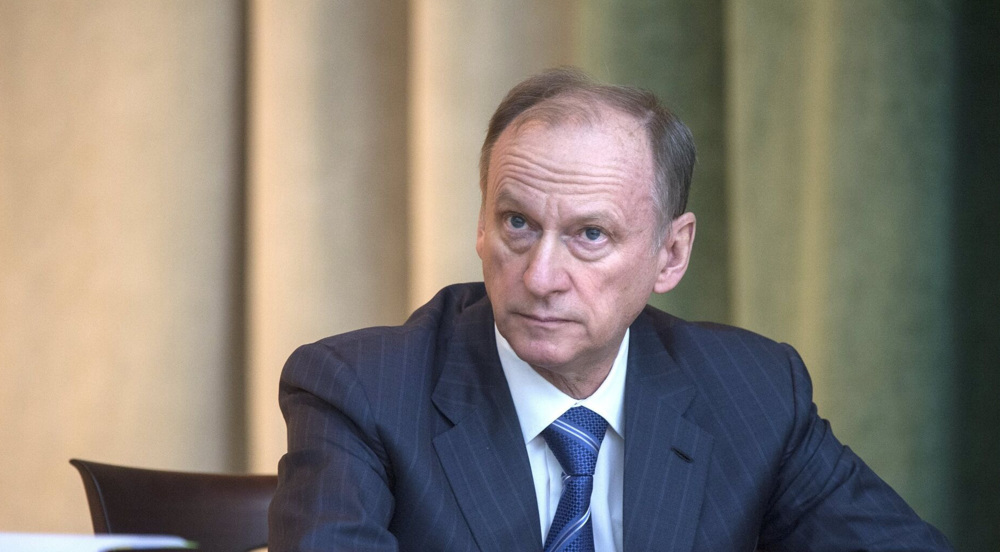Macedonian parliament approves name change deal, step closer to settling row with Greece
Legislators in the Macedonian Parliament have endorsed a historic proposal to change the country's name, taking a 27-year-long heated name dispute with neighboring Greece a major step closer to being settled.
On Friday, a total of 80 lawmakers in the 120-seat Skopje parliament voted in favor of renaming the small Balkan country as the Republic of North Macedonia, just reaching the two-thirds majority required to amend the constitution.
Since 1991, when Macedonia declared its independence from former Yugoslavia, Greece, a member of NATO and the European Union (EU), has insisted that the name Macedonia implied territorial claims on a northern Greek province of the same name.
Although Macedonia became a member of the United Nations (UN) in 1993, due to the name dispute with Greece, it was admitted under the provisional description the Former Yugoslav Republic of Macedonia (FYROM), a name that is also used by NATO and the EU.
During the past 27 years, Greece has barred its neighbor from becoming a NATO and EU member state, saying that Macedonia must change its name if it wants to become a member state of these two international bodies.
However, back in June, the two sides reached a landmark deal, according to which the small Balkan country was named the Republic of North Macedonia. The deal requires ratification from the parliaments of both countries.
The vote on late Friday opens the name change procedure, allowing lawmakers to debate the matter over a period of three months or more, according to the parliament's rulebook.
The procedure to complete constitutional changes is lengthy and needs a number of voting rounds, with Friday's being only the first stage. The procedure should be completed by January the latest.
The Greek Parliament will also have to ratify the deal once Macedonia formally amends the constitution.
The prospect of Macedonia becoming a member of NATO has already angered Russia, which has long opposed the eastward expansion of the military alliance. If it successfully joins NATO, the Balkan state will add to the bloc an 8,500-strong military, which relies on a combination of Russian, German, Greek, and US tanks and armored vehicles. It has no combat warplanes.
The Greek Prime Minister Alexis Tsipras, whose Syriza Party is trailing poorly ahead of national elections due next year, is hoping a successful name change deal will help strengthen his political standing abroad.
Macedonians supported the name change in an advisory plebiscite last month; only 37 percent turned out to cast their votes - too few for the result to be legally valid.
Those opposed to the deal argue that the referendum should have required a minimum 50-percent turnout for it to be considered valid, but Macedonian Prime Minister Zoran Zaev has said the vote was only consultative.
People have already staged multiple protest rallies against any compromise both in Greece and Macedonia.
Three Palestinians killed in Israeli raids on Gaza on first day of Ramadan
Hundreds of Dutch nationals served in Israeli military amid Gaza genocide
‘Playing with fire’: Russia sternly warns against any attack on Iran
VIDEO | Iran, Russia naval forces rescue hijacked ship in mock operation during naval drills
VIDEO | Iran, Russia pledge deeper energy, economic ties at Tehran commission
Gaza death toll surpassed 75,000 in first 16 months of genocide: Survey
VIDEO | US attack on Iran & world economy
Azerbaijan president meets top Israeli lobby group leadership during visit to US
















 This makes it easy to access the Press TV website
This makes it easy to access the Press TV website